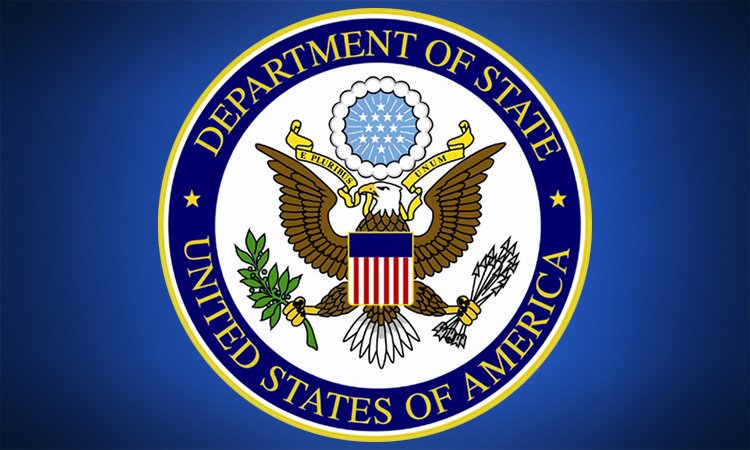By: Alexander Sileo
President Barack Obama rode into the White House on a large wave of support unlike anything ever seen before in American politics. His message of hope and change inspired many politically apathetic citizens to support his campaign during the general election against John McCain. His presidency, however, has not been as successful, and numerous drawn out conflicts with the Republican members of Congress have caused many initial supporters to feel disappointed with his administration and his leadership heading into the next general election. Many liberal voters are also upset that Obama has been more centrist on some issues and silent on others. This lack of enthusiasm for Obama will contrast greatly with his 2008 election campaign and will cause him to have a tougher road to reelection.
In September of last year, Obama shocked environmentalist groups when he chose not to strengthen regulations on ozone standards to prevent air pollution. When announcing the decision, Obama stated that “I have continued to underscore the importance of reducing regulatory burdens and regulatory uncertainty, particularly as our economy continues to recover.” The move won him praise among many industry officials, but environmental groups and health advocates, a base of support for Democratic candidates, were outraged. Obama later handed the environmental lobby a bone with his temporary rejection of the Keystone XL oil pipeline that has fiercely divided business and environmental interests. Proponents argued that the pipeline would help create jobs in the country, but critics pointed to the dependency on dirty fuel sources that negatively affect the environment. In a statement from The White House, Obama announced, “As the State Department made clear last month, the rushed and arbitrary deadline insisted on by Congressional Republicans prevented a full assessment of the pipeline’s impact, especially the health and safety of the American people, as well as our environment.” Obama, however, in the same statement left room for the pipeline to be approved in the future should the State Department have a longer period of time to assess any potentially harmful environmental effects.
The Obama administration has also made progress towards LGBT equality in the past year despite President Obama not publicly supporting marriage equality. Obama has accomplished the most for LGBT equality out of any presidency in the history of the United States. Two key moments in his administration were when Obama announced that he would no longer have his administration defend the Defense Of Marriage Act’s (DOMA) constitutionality and his implementation of the repeal of Don’t Ask, Don’t Tell (DADT), the policy that excluded gay, lesbian, and bisexual Americans from serving openly in the military. Obama, in a released White House statement, said, “I was proud to sign the Repeal Act into law last December because I knew that it would enhance our national security, increase our military readiness, and bring us closer to the principles of equality and fairness that define us as Americans.” But some members of the LGBT community are still bitter because he has yet to publicly advocate for marriage equality despite recent successes in New York and Washington. Obama has held different positions on the issue throughout his life, but recently said that he was still evolving on the issue of marriage equality.
Women, especially unmarried women, have generally been more favorable towards Obama. His recent advocacy for free preventive care in healthcare plans that included contraception largely won over women’s healthcare groups. The decision, however, was condemned by Republicans and religious leaders as an attack on religious liberty. Obama has since come up with a compromise plan that utilizes insurance companies as a way to avoid conflicts with religious employers. A White House report that, “The new policy ensures women can get contraception without paying a co-pay and fully accommodates important concerns raised by religious groups.” The statement noted that many women use contraception, but struggle to afford it. This proposal may make up for past decisions, such as his backing of Secretary of Health and Human Services Kathleen Sebelius’ decision to limit the over the counter sale of contraception to younger girls. This decision angered the medical and scientific community as past reports from medical organizations said that the proposal from the Food and Drug Administration (FDA) was safe and effective. Some advocates felt that Obama had acted against scientific evidence, which is something he said he would never do in his campaign for election in 2008.
Obama will be looking to present himself as a pragmatic and reasonable choice that has only been ineffective because of a divided and polarized Congress. His moderate policy decisions in office, however, might cause some liberal voters to stay at home on election day or not campaign as hard as they did four years ago. Obama is going to need the grassroots momentum he found during the last campaign cycle if he wishes to win reelection. While these supporters may not jump ship and vote Republican, they will also not passionately campaign for him as they did four years ago. Republicans are as determined as ever to defeat him, and their nominee will have plenty of legitimate ways to attack Obama later this year. These three groups – environmentalists, LGBT activists and women – will help Obama gain a majority of the votes this November, but some might see him as only the lesser of two evils, rather than a champion for their individual causes. Obama is going to have to rally support from these groups if he wishes to have the same wave of success as he did in 2008 and four more years in the White House.

